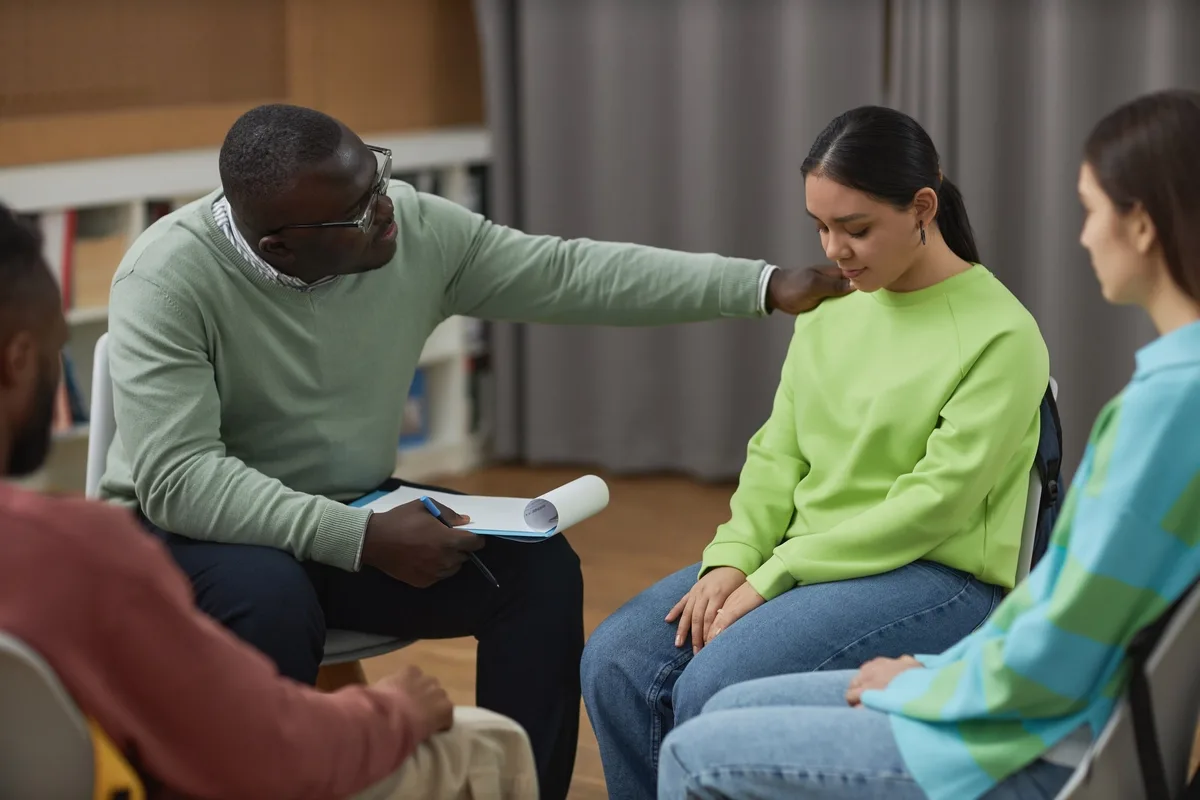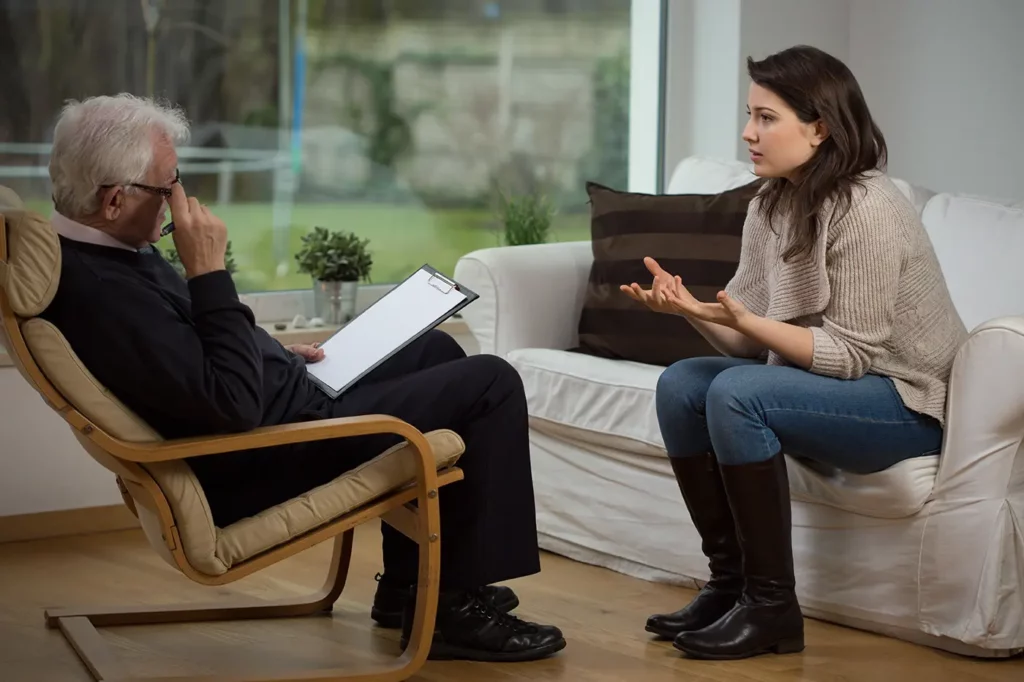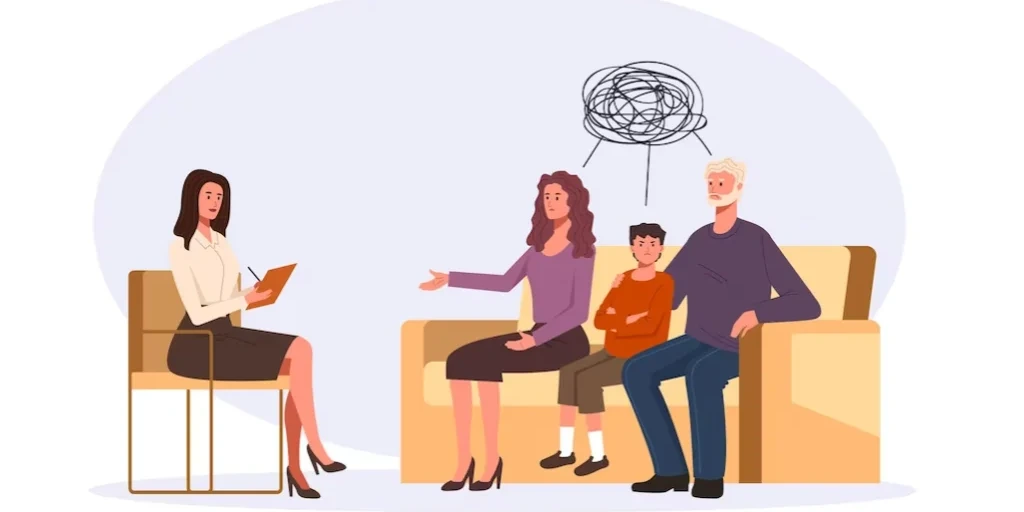24/7 Helpline:
(866) 899-221924/7 Helpline:
(866) 899-2219
Learn more about Couples Rehab centers in Blooming Prairie
Couples Rehab in Other Cities

Other Insurance Options

Providence

Sutter

State Farm

Excellus

Sliding scale payment assistance

GEHA

Oxford

Molina Healthcare

MVP Healthcare

MHNNet Behavioral Health

BlueShield

Group Health Incorporated

Cigna

UnitedHealth Group
Beacon

Horizon Healthcare Service

Coventry Health Care

CareFirst

Health Partners

Holman Group

Beauterre Recovery Institute
Beauterre Recovery Institute is a private rehab located in Owatonna, Minnesota. Beauterre Recovery I...

South Central Human Relations Center – Dual Recovery Program
South Central Human Relations Center – Dual Recovery Program is a non-profit rehab located in Owaton...

Owatonna Hospital – Behavioral Health
Owatonna Hospital – Behavioral Health is a private rehab located in Owatonna, Minnesota. Owatonna Ho...

West Hills Lodge
West Hills Lodge is a private rehab located in Owatonna, MN. West Hills Lodge specializes in the tre...





































Safe Harbour
Safe Harbour is a private rehab located in Owatonna, Minnesota. Safe Harbour specializes in the trea...































